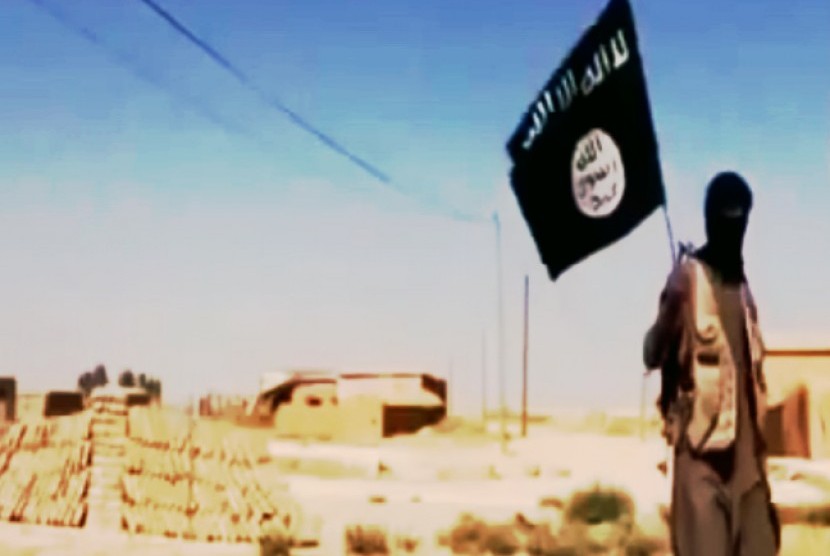REPUBLIKA.CO.ID, WASHINGTON -- The Islamic State (ISIL/ISIS) has become the world's wealthiest terror group, generating tens of millions of dollars a month from black market oil sales, ransoms and extortion, officials said Thursday.
It earns $1 million a day alone by selling crude oil from fields captured when the group swept across Iraq and Syria earlier this year, said David Cohen, Treasury undersecretary for terrorism and financial intelligence.
Because the group, also known as ISIL, has "amassed wealth at an unprecedented pace" from different sources than most terror groups, it presents a particular challenge to the US and its allies working to choke off money flows.
"We have no silver bullet, no secret weapon to empty ISIL's coffers overnight. This will be a sustained fight, and we are in the early stages,"Cohen said.
He is among a team of Obama administration officials leading the fight against the Islamic State (IS) group, seeking to get allies, including Gulf countries, on board.
IS is now "considered the world's wealthiest and most financially sophisticated terrorist organization," said Marwan Muasher, vice president at the Carnegie Endowment for International Peace.
Unlike Al-Qaeda, IS does not attract most of its funds from deep-pocketed rich donors, often in Gulf countries, or from state sponsors.
Yet "with the important exception of some state-sponsored terrorist organizations, ISIL is probably the best-funded terrorist organization we have confronted," Cohen said, warning its revenue sources were "deep and diverse."
The group's "primary funding tactics enable it today to generate tens of millions of dollars per month," he told the think-tank.
Oil sales alone from captured refineries are allowing the militants to produce some 50,000 barrels a day sold "at substantially discounted prices to a variety of middle men, including some from Turkey, who then transport the oil to be resold."
Oil has also been sold to Kurds in Iraq, and then resold to Turkey, as it has "tapped into a long-standing and deeply rooted black market connecting traders in and around the area."
Even Syrian President Bashar al-Assad's regime, which is fighting ISIL as well as the moderate US-backed opposition, has got in on the act and "made an arrangement to purchase oil from ISIL" -- from fields and refineries once under Syrian control.
The group has also pocketed about $20 million this year through kidnappings, particularly of journalists and European hostages.
And it demands money from local businesses in cities and towns which it has captured through "a sophisticated extortion racket."
US airstrikes were impeding the militants' ability to produce oil, and Turkish and Kurdish authorities have pledged to stop oil smuggling on their territory.
Cohen also vowed the US would hit hard against those found buying illegal oil.
"The middlemen, traders, refiners, transport companies, and anyone else that handles ISIL's oil should know that we are hard at work identifying them, and that we have tools at hand to stop them," he warned.
Sanctions would follow, he said, and it would not just be a question of cutting them off from the US banking system.
"We can also make it very difficult for them to find a bank anywhere that will touch their money or process their transactions," Cohen said.
Washington is also working with its allies to follow the hard line taken by the US, and refuse to pay ransoms to free kidnap victims.
Gulf countries are "enormously important in the anti-ISIL coalition for a whole variety of reasons, including the counter-financing aspect."
Significant progress has been made in countries like Saudi and the United Arab Emirates, Cohen said, both nations he has visited in the push against IS.
But in Qatar and Kuwait, seen in the past as "permissive jurisdictions for terrorist financing... there is more work to be done."
Despite the group's wealth, however, it still does not have enough money to pay for basic services to Iraqis in territory it has captured, and could face local opposition, Cohen said.
"The official Iraqi budget this year for the provinces where ISIL currently operates is well over $2 billion," he said, noting that there were already reports of water and power shortages.



